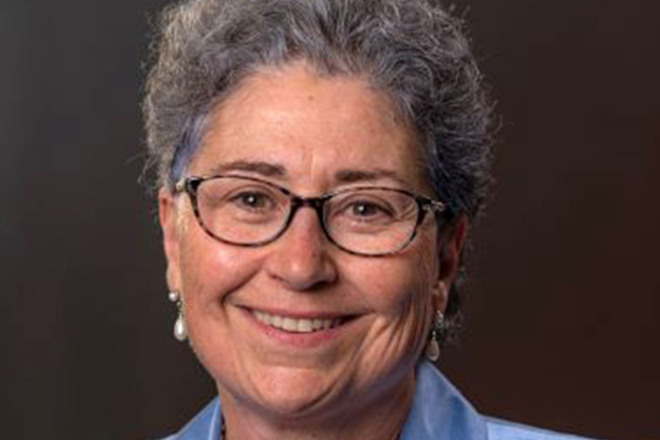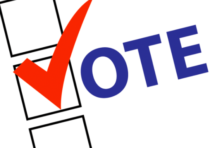Perspective: Law Day: Toward a More Perfect Union
- Share
- Tweet
- Pin
- Share

by CHERYL FURSTACE DANIELS, President, State Bar of Wisconsin
May 1 has been celebrated as Law Day in the United States since a joint resolution of Congress was passed in 1961. This year’s theme, Toward a More Perfect Union: The Constitution in Times of Change, has so much possibility and provides an opportunity to have important discussions.
Changing times are a given in U.S. history. At least one of the pivotal authors of the U.S. Constitution, James Madison, understood that the Constitution, too, might need to be acted upon because of changing times when he wrote (Federalist, 43, 296) “that useful alterations will be suggested by experience, could not but be foreseen.”
But what are the useful alterations that the citizens of this country can all agree are needed? There is long history of deliberately segregating diverse groups of people based on race, sex, gender, religion, national origin, disabilities and other identities. The fact that the 13th Amendment, which abolished slavery, wasn’t passed until 77 years after independence and a bloody civil war is now rightly seen as shameful in the extreme.
Since then, it has taken varying amounts of time to change the Constitution to allow voting for women, people of color and young adults. But we have seen such a push and pushback on laws that have imperfectly tried to make sure this fundamental constitutional right may truly be freely exercised by all. There have been legal battles over the constitutional soundness of laws meant to help mitigate the effects of those other laws and practices of segregation that continue to this day.
So how do we, as citizens, begin to figure out what needs fundamental change, either within the U.S. Constitution or within the statutes that are always needed to push our imperfect union forward in changing times?
My suggestion is one used by retiring Justice Stephen Breyer, who regularly questions the actual effects of a law on individuals in their daily lives, whether the possible “taking” of a property because a government has so limited its use, or two consenting adults not being allowed to marry each other.
If each of us takes the time to ask for evidence, and be ever aware of a law’s effects on other people we might not have thought about, perhaps we will begin to have the open conversation needed to make us that “more perfect union.”
The State Bar of Wisconsin is an integrated professional association with more than 25,000 members, created by the Wisconsin Supreme Court for attorneys who hold a Wisconsin law license. Learn more at wisbar.org.


